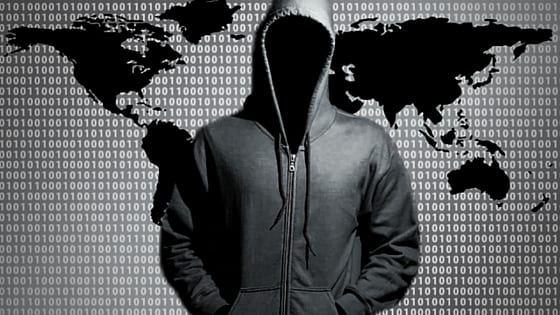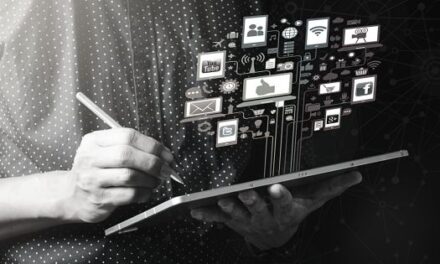With the data breach count ticking higher than ever in Australia, it’s clear that cybersecurity is one of the biggest challenges facing businesses today. And with each breach impacting an average of over 20,000 individual records, consumers can no longer turn a blind eye.
Cybercrime does not discriminate. It impacts businesses of all shapes and sizes. But we can identify trends and high-risk sectors that are more likely to attract their attention and efforts.

Here are 4 targets that are at the top of hackers’ lists:
Your identity
Identity fraud is nothing new, but recent reports suggest that as new technology makes it more difficult to create fake identities, cybercriminals are opting to steal real ones with more tenacity.
The Veda 2015 Cybercrime and Fraud Report found a nearly 60 per cent increase in fraudulent credit applications involving identity takeovers in Australia in the past two years and a 17 per cent increase in the past year. And with each data breach of consumer data, identify theft becomes that much easier.
Your small business data
Small businesses are particularly vulnerable to cyberattacks. Cyberstorms that many large organisations can weather can easily sink smaller ones. Unfortunately, small businesses looking to optimise their budgets often view robust security solutions as a grudge purchase.
But the most dangerous thing for small business owners to think is, “We’re not big enough for cyber attackers.” Research has found that Ransomware attacks are now targeting SMBs due to their more lax security measures and capacity to pay.
Your convenient, cloud-based platforms
Platforms like MyGov offer consumers a convenient way to access government services and information. Using just one login and password, the platform enables you to do everything from filing income taxes or applying for child support to managing your ABN. But this simple, consolidated, solution also creates a honey pot for hackers.
Organisations tasked with safeguarding these types of platforms have to ensure the strictest levels of security, especially in the wake of the recent breach of payroll systems and tax file numbers.
Your medical records
It may seem unusual for cybercriminals to be interested in what happened during your last doctor visit, but healthcare and medical organisations offer a treasure trove of information-rich data. That data, if used in the right way by the wrong people, can be devastating for consumers and businesses.
Rumours around the health of the late Steve Jobs caused a sharp fall in Apple stocks and it was later revealed that Charlie Sheen’s HIV diagnosis was first uncovered in the Sony hack. But you don’t have to be a celebrity or high-profile target to be a victim of hackers using your highly personal information for their own gain. Just ask any of Ashley Madison’s customers.
Consumers take a risk every time they trust their personal data to ill-equipped and underprepared businesses, and they’re starting to notice. A recent study found that, when considering new innovations, privacy is now the biggest concern for more than two-thirds of consumers globally.
It’s time for businesses to take action to protect their IP and customer information. Encrypting what you deem most important to your business is a good place to start but even better are solutions that utilise multilayer encryption with private keys that are owned and managed by the user. It’s all about finding solutions that strike the right balance of security and productivity.





















